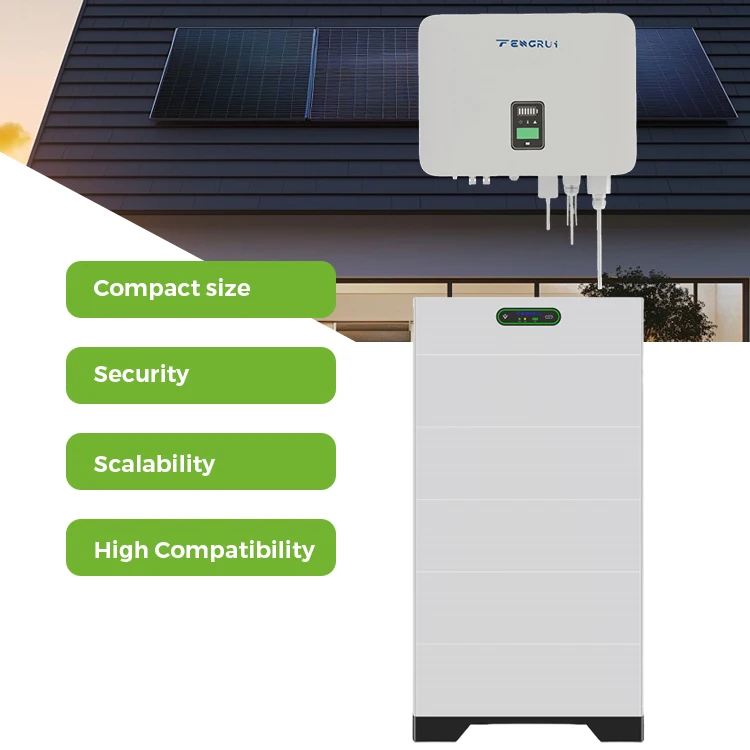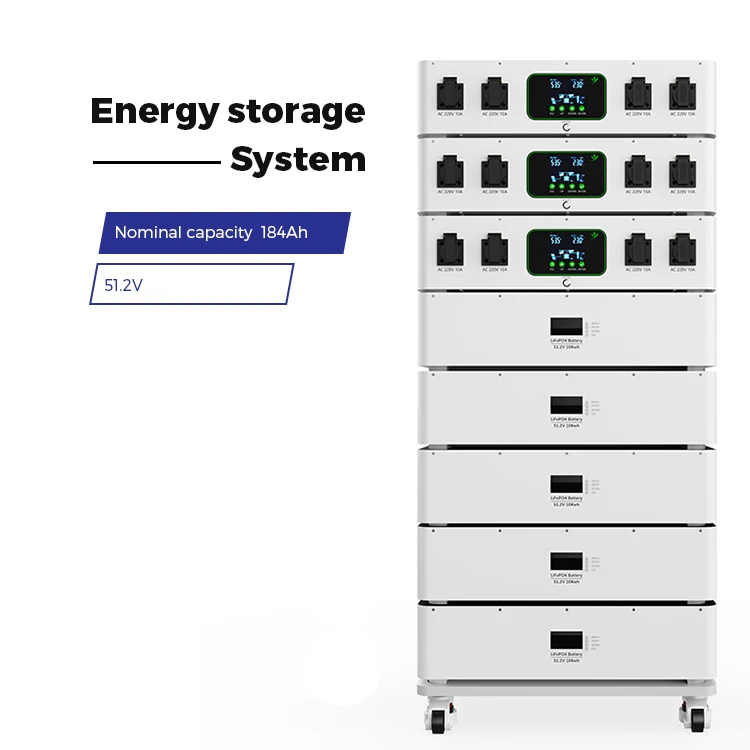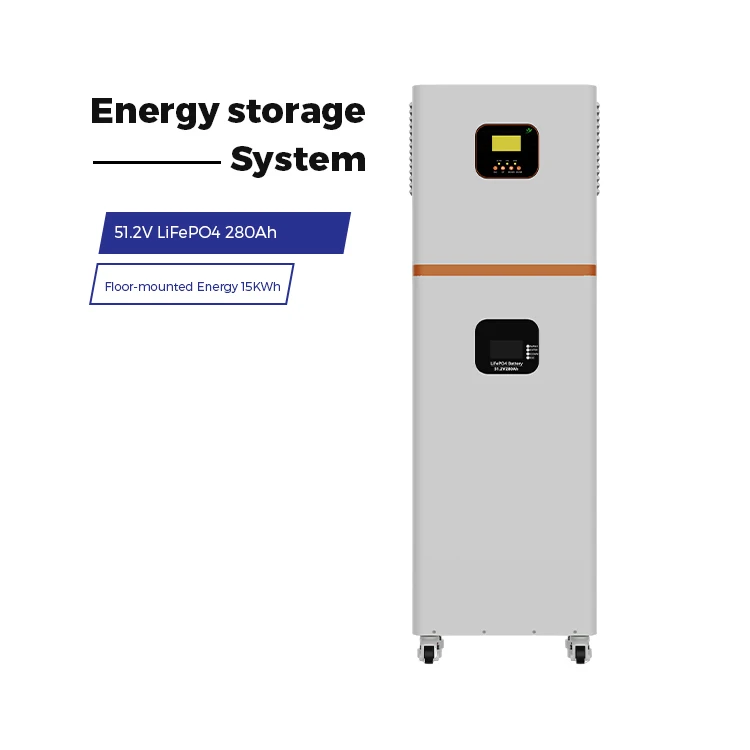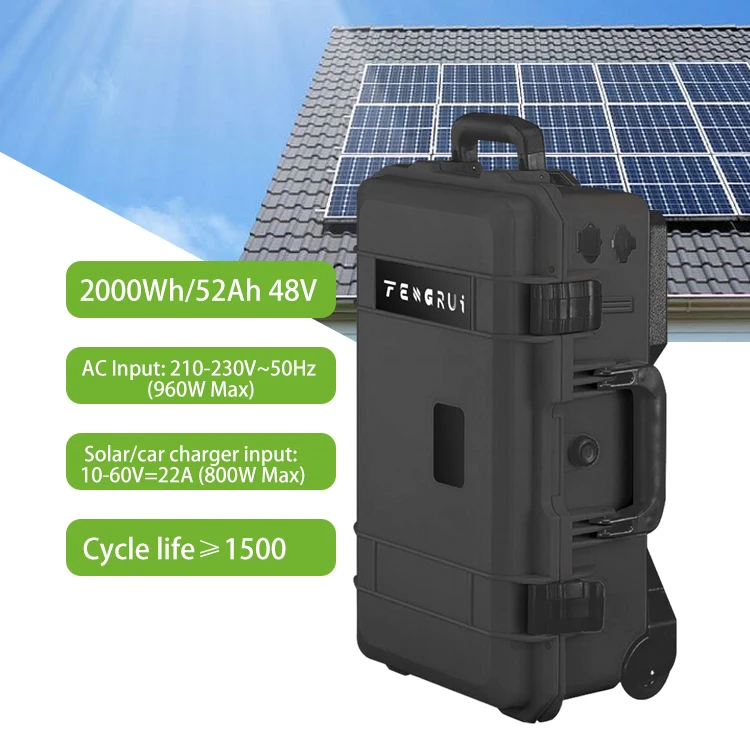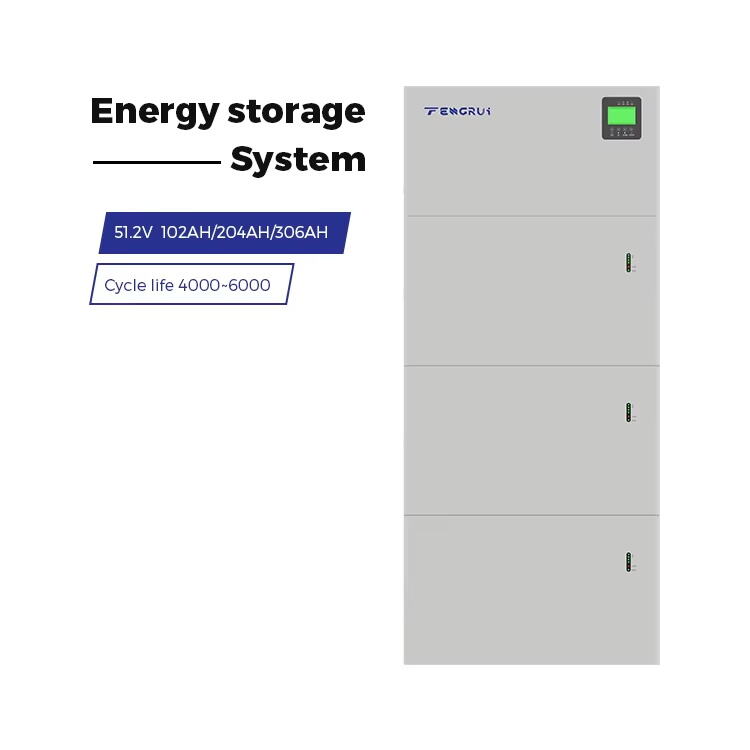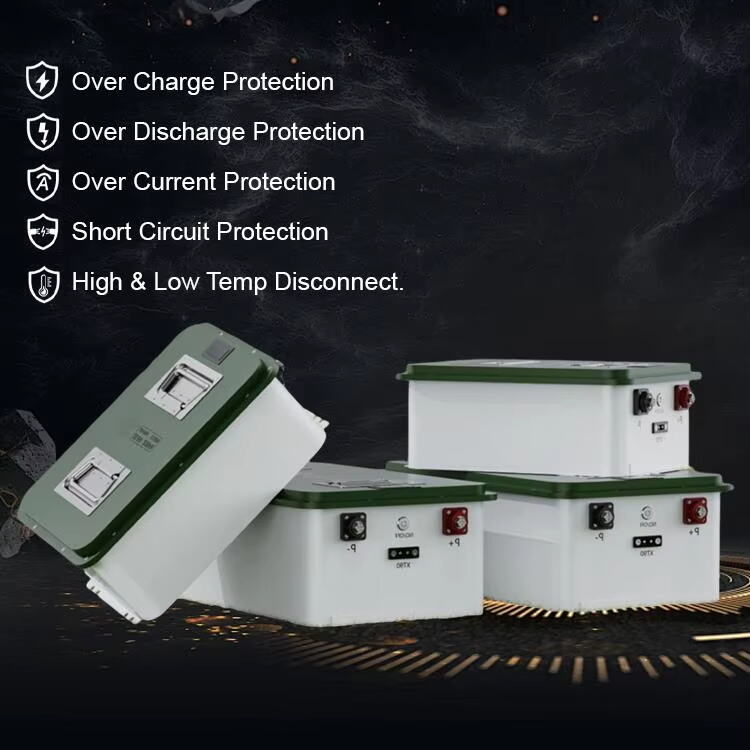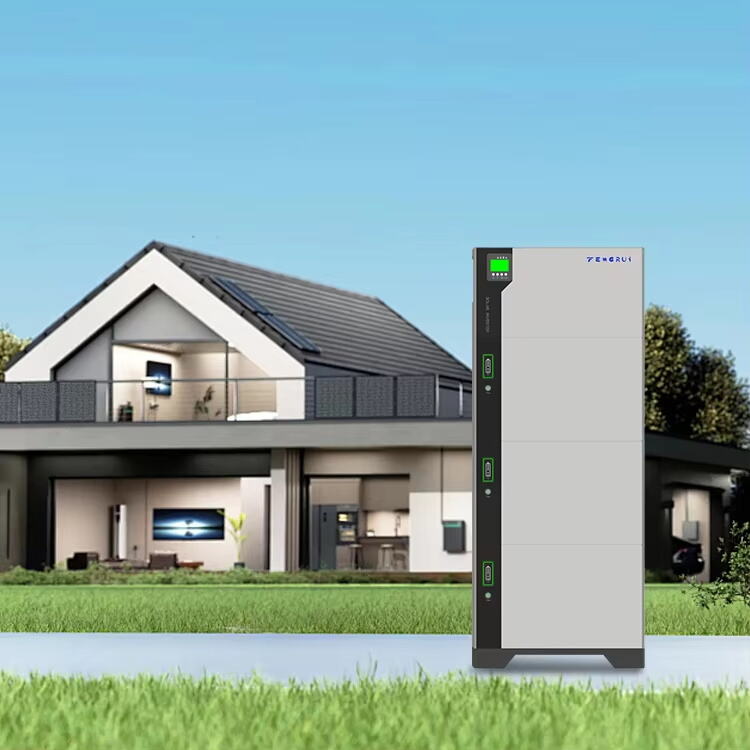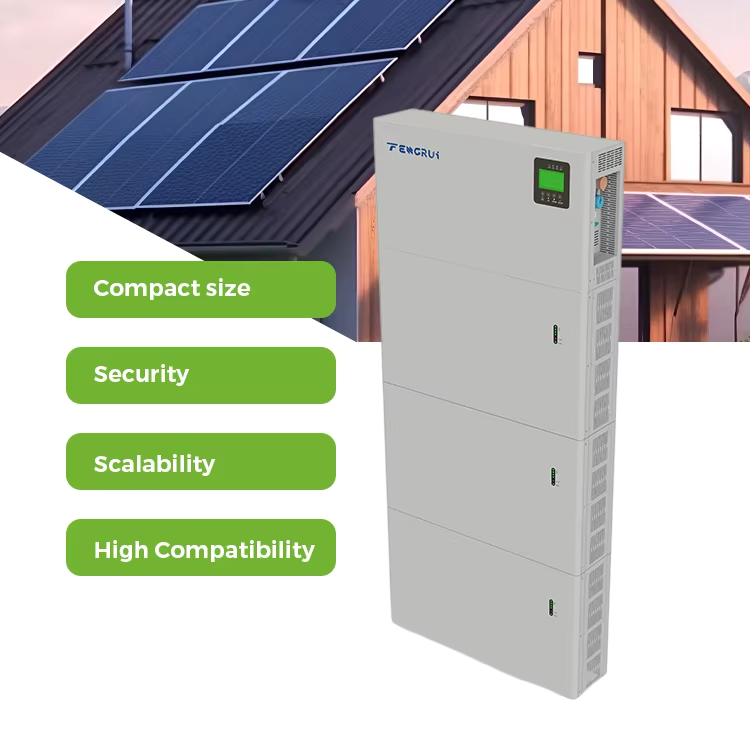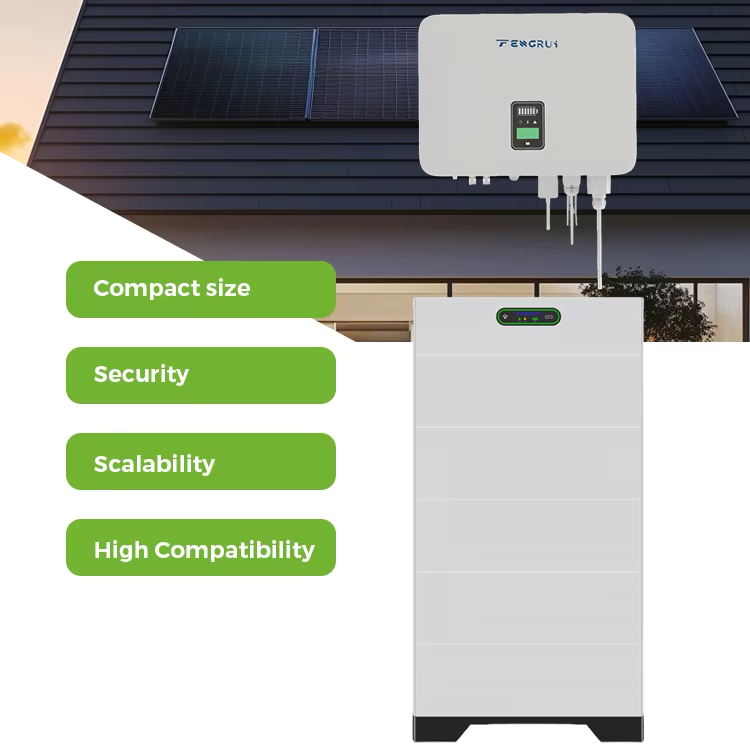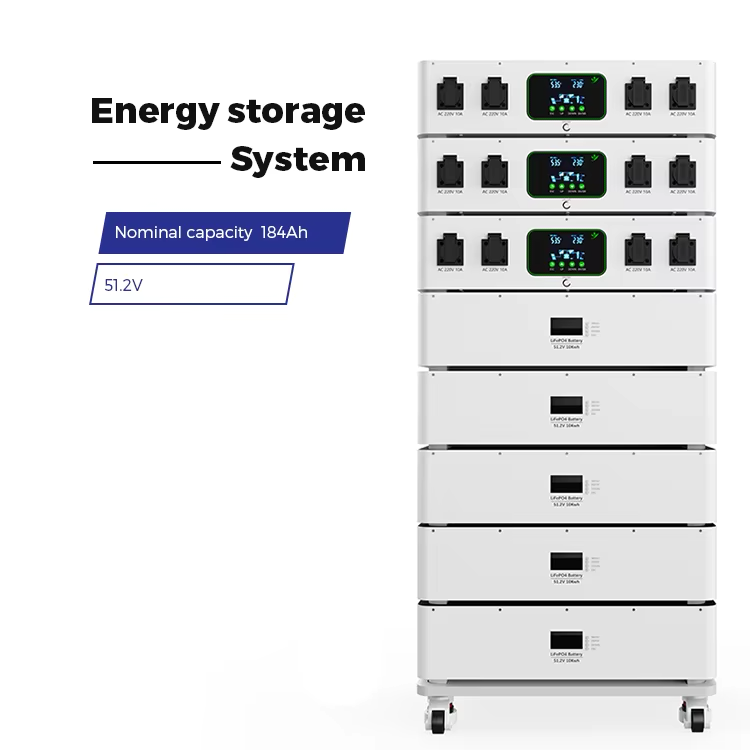energy storage for renewable energy systems
Energy storage for renewable energy systems represents a crucial component in modern sustainable power infrastructure, serving as the bridge between intermittent renewable energy generation and consistent power delivery. These systems capture excess energy produced during peak generation periods and store it for use when renewable sources are not actively producing power. The technology encompasses various storage methods, including battery systems, pumped hydro storage, compressed air energy storage, and thermal storage solutions. Each storage system is designed to maximize energy efficiency while providing reliable backup power. Modern energy storage systems incorporate advanced monitoring and management systems that optimize charging and discharging cycles, extend battery life, and ensure system reliability. These systems can be scaled from small residential installations to large utility-grade facilities, offering flexibility in implementation. They typically include power conversion systems, advanced battery management systems, thermal regulation, and sophisticated control interfaces. The integration of energy storage with renewable energy sources creates a more resilient and dependable power infrastructure, enabling communities to reduce their carbon footprint while maintaining consistent power supply. The technology continues to evolve with improvements in energy density, cycle life, and cost-effectiveness, making it increasingly accessible for various applications.

